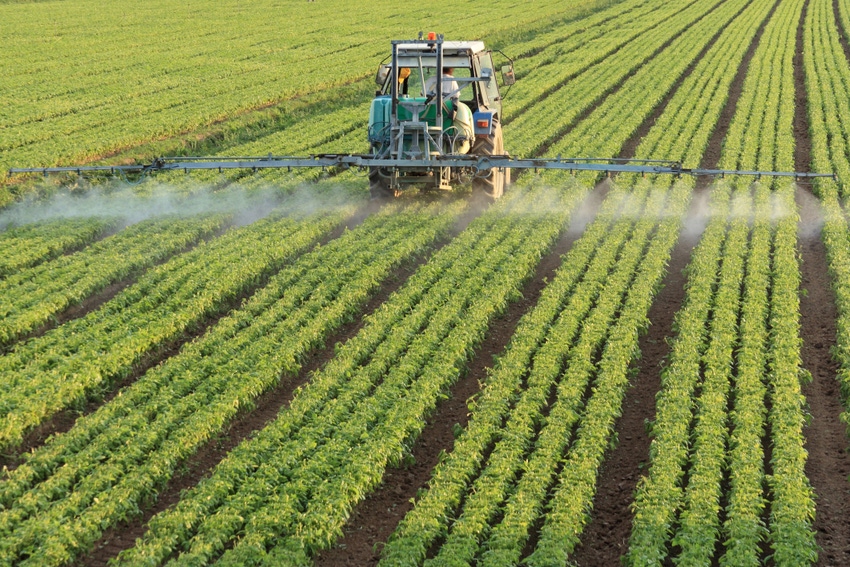
As I write this article, EPA is in the process of an environmental assessment of the herbicide Atrazine, and the process reminds me how often we fail in our stewardship duties.
EPA is required to do an environmental assessment on herbicides every 15 years and the last done on Atrazine was in 2003. Atrazine is the second-most-widely used herbicide in the US. It is primarily used on corn as a broad-spectrum weed killer. It has been banned in Europe since 2004 and has created much controversy by its use here in the US.
The US ecological assessment of atrazine, recognized negative consequences of the pesticide on aquatic communities, including their plant, fish, amphibian and invertebrate populations. Additional concerns extend to terrestrial ecological communities.
From a drinking-water perspective, water systems operators are very familiar with Atrazine, which can be found in ground and surface water. Those systems in heavy row-cropping areas normally see a spike in Atrazine levels in their source water when corn planting begins. Atrazine is removed from drinking water using activated carbon, which binds to the particles and then settles out, being removed from the water.
Water systems are required to keep the atrazine levels less than 3 parts per billion (ppb) maximum contamination level (MCL) in finished drinking water. This 3 ppb is based on a running annual average, measured quarterly, so a system can have much higher levels, yet still be compliant with the MCL. The requirement for this limit was put into place in the year 2000.
In 2012 Syngenta, the manufacturer of Atrazine, settled a class action lawsuit by more than 1,000 water systems located throughout the Midwest concerning Atrazine in drinking water. The settlement was for $105 million and was distributed to systems both big and small throughout the states of Iowa, Missouri, Indiana, Kansas, Ohio and Illinois. The company denied any liability or wrong doing linked to the chemical which it has continued to sell.
The agriculture industry argues that if Atrazine is banned it will increase production costs because it will be forced to use alternative chemicals. What is not taken into consideration is the cost incurred to the public, passed on by water systems for its removal. The Des Moines lawsuit is an example of a water system trying to recoup costs for removal of chemicals which is beyond the control of itself and its customers.
It seems that the writing is on the wall for Atrazine and its use in the future. It is up to us to step up and be judicious in its use and keeping it out of our water system. No-till and cover crops are a principle method to keep all chemicals in place and out of our water.
I am not addressing whether Atrazine should be banned or stricter limitations placed on its use. Instead, I'm trying to make clear that actions we take in our operations can have far reaching effects of people we have never met who are consuming water we have never seen! How much Atrazine do you want in your drinking water?
About the Author(s)
You May Also Like






